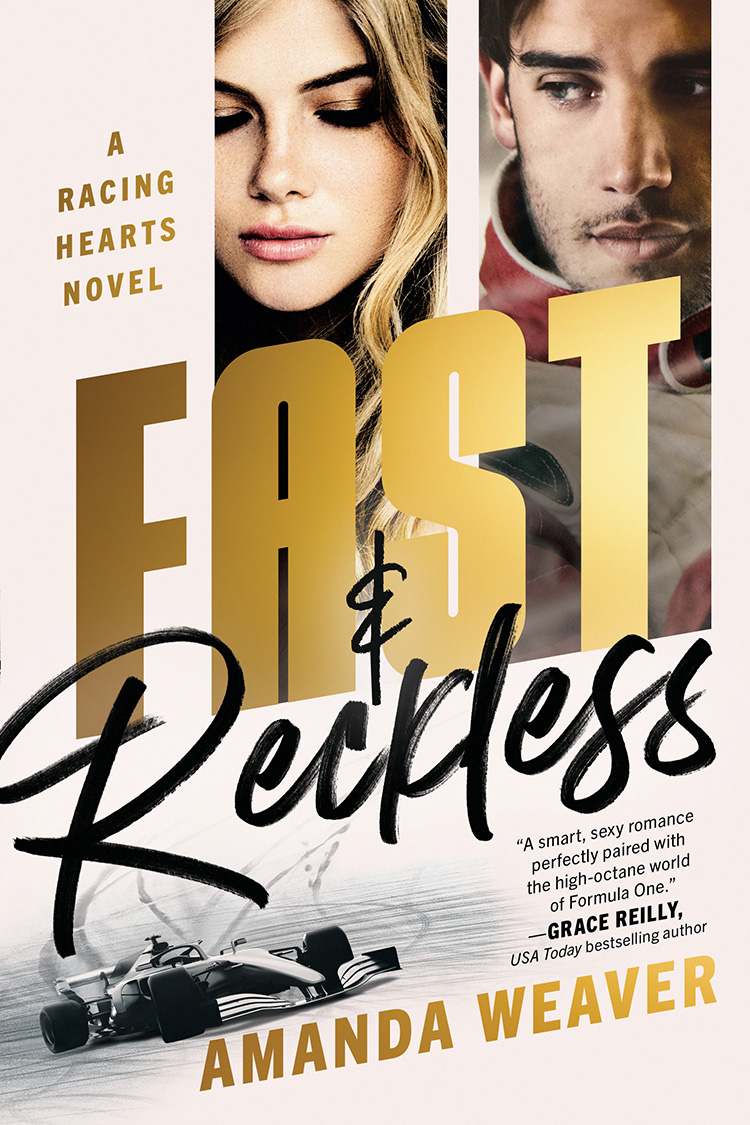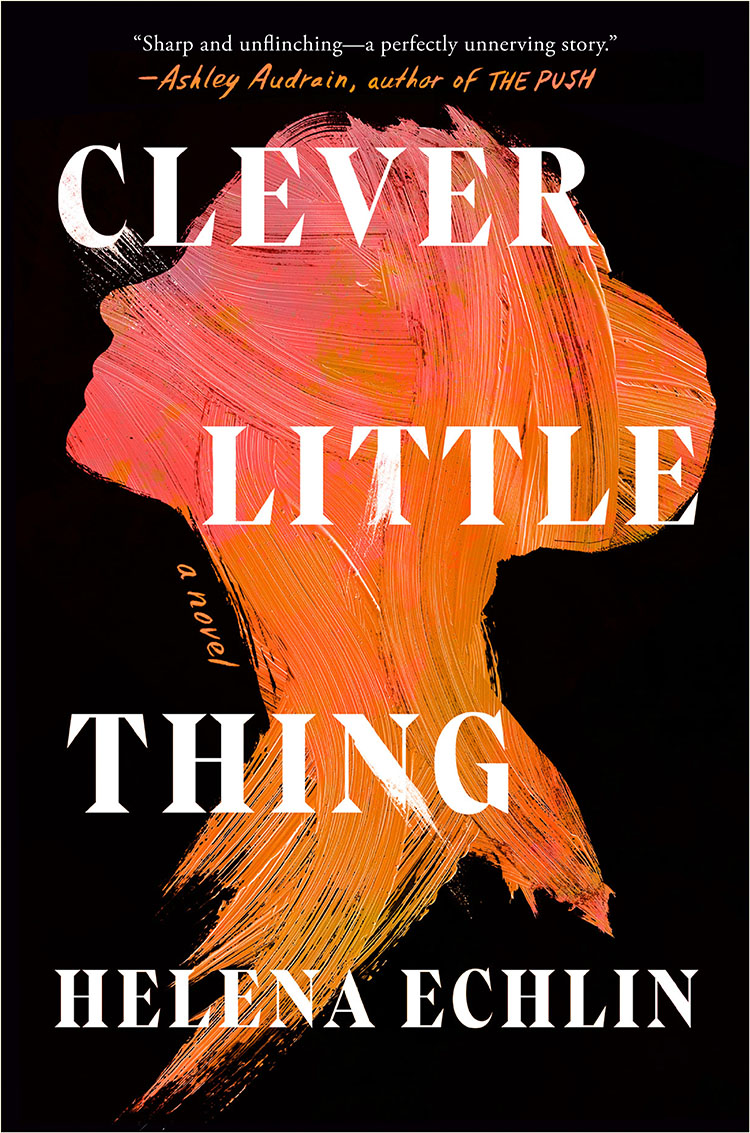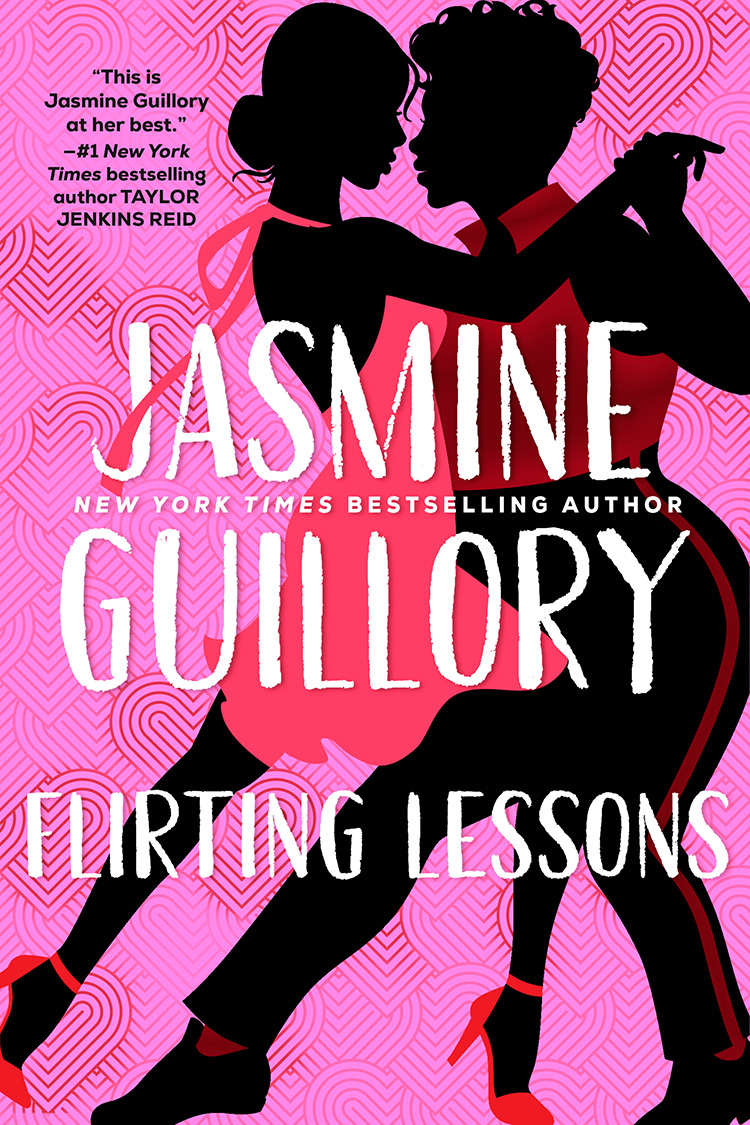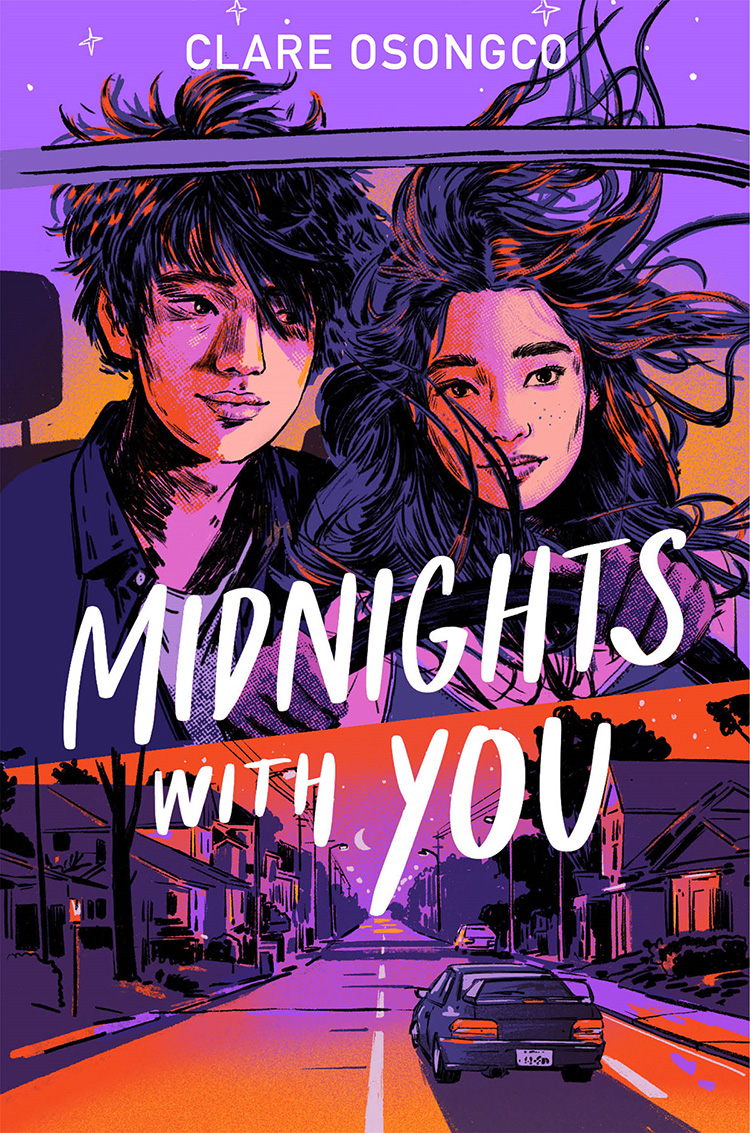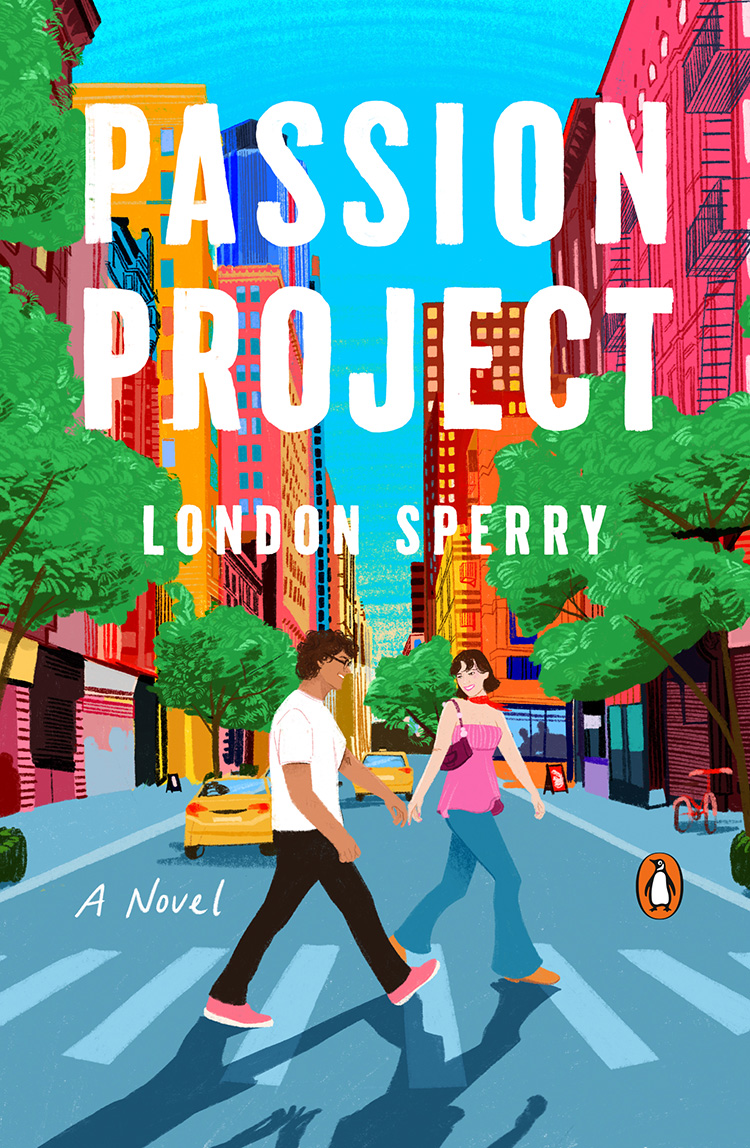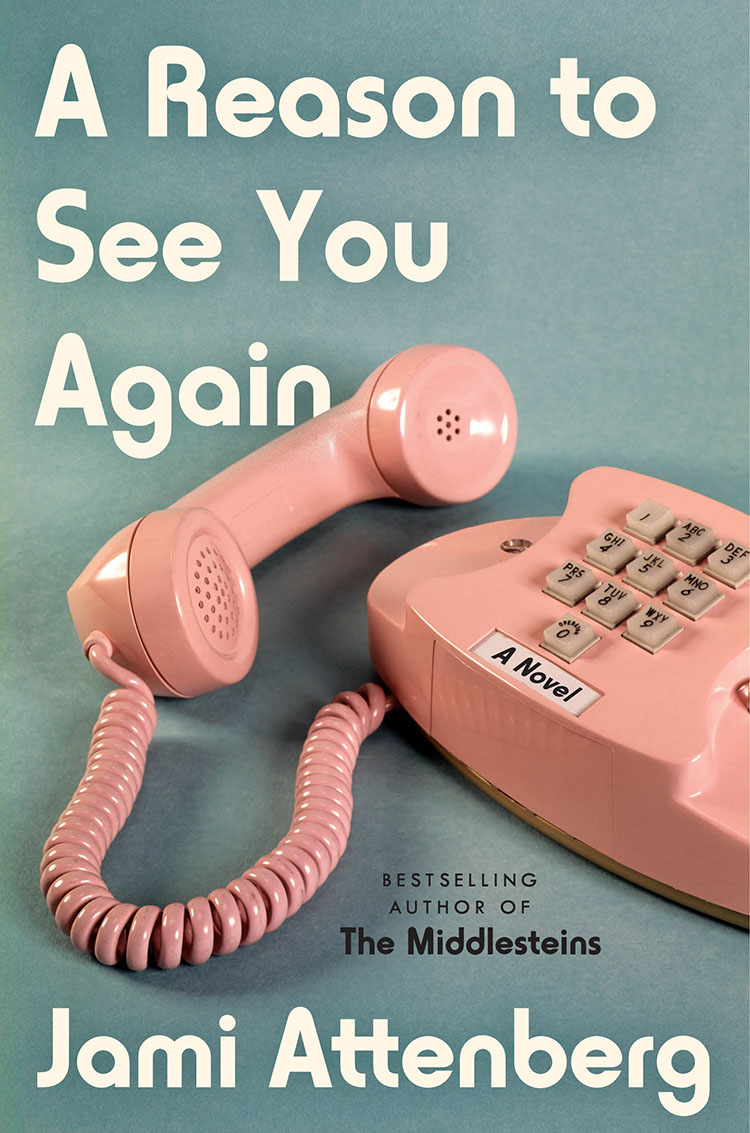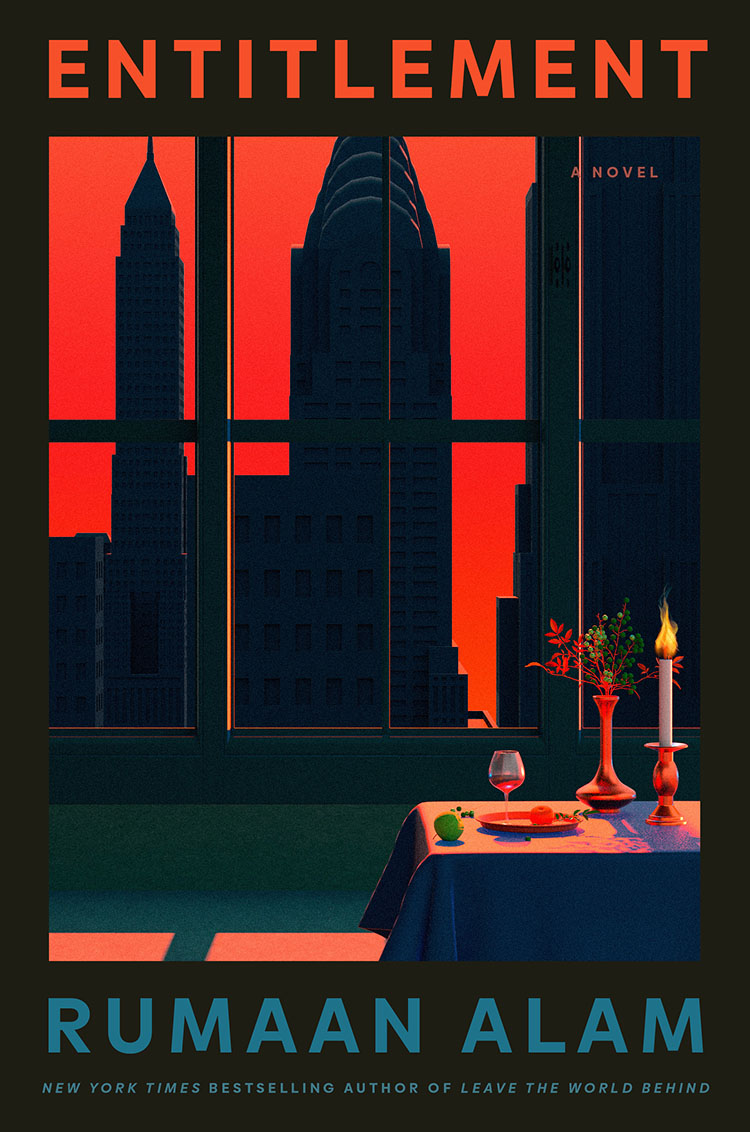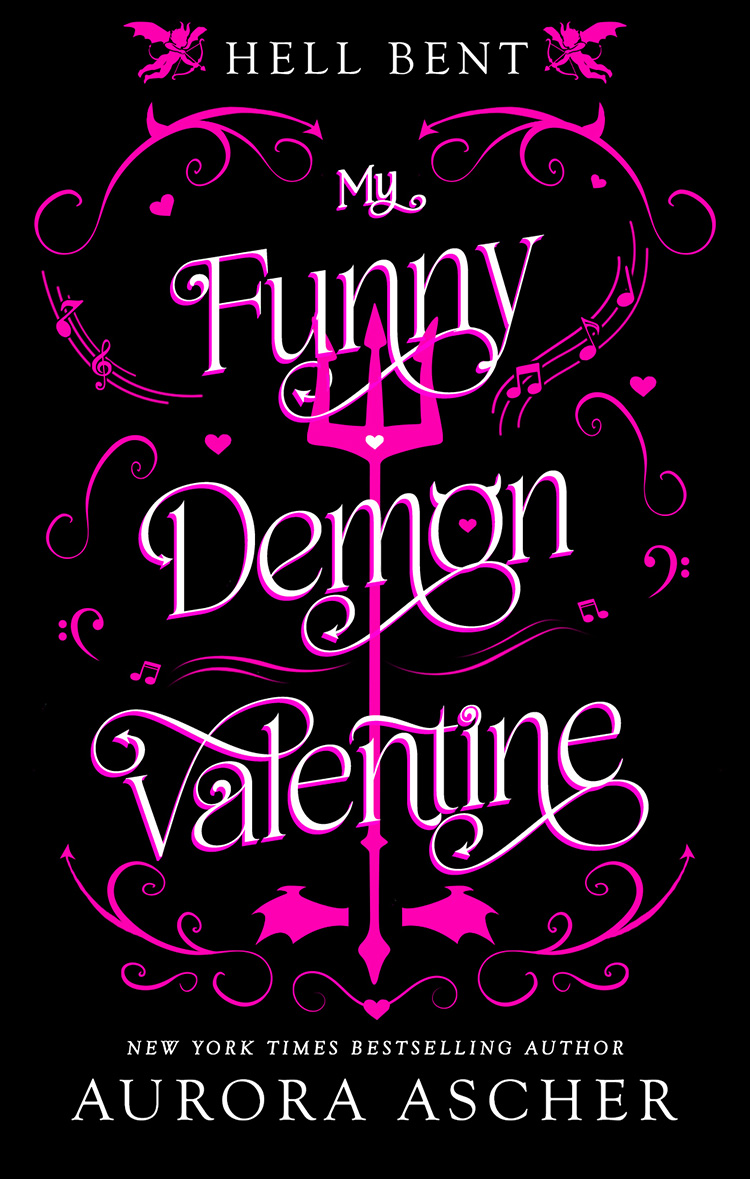Knives Out meets Bridgerton in Fair Verona, as New York Times bestselling author Christina Dodd kicks off a frothy, irreverent, witty new series with an irresistible premise— told from the delightfully engaging point of view of Romeo and Juliet’s clever, rebellious, fiercely independent daughter, Rosie Montague…
I’m the eldest daughter of Romeo and Juliet. Yes, *that* Romeo and Juliet. No, they didn’t die in the tomb. They’re alive and well and living in fair Verona with their six wildly impetuous children and me, their nineteen-year-old daughter Rosaline —a certified spinster at twenty and happy to stay that way. It’s not easy to keep your taste for romance with parents like mine. Picture it—constant monologues, passionate declarations, fighting, making up, making out—it’s exhausting.
Archives
THE SECRET LIFE OF ALBERT ENTWISTLE
In a humorous, charmingly wise #OwnVoices novel perfect for fans of Fredrik Backman, the forced retirement of a shy, closeted postman creates the opportunity for him to track down his lost love, embrace his true self, connect with his community, and finally experience his life’s great adventure. Albert Entwistle is a private man with a quiet, simple life. He lives alone with his cat Gracie. And he’s a postman. At least he *was* a postman until, three months before his sixty-fifth birthday, he receives a letter from the Royal Mail thanking him for decades of service and stating he is being forced into retirement. At once, Albert’s sole connection with his world unravels. Every day as a mail carrier, he would make his way through the streets of his small English town, delivering letters and parcels and returning greetings with a quick wave and a how do? Without the work that fills his days, what will be the point? He has no friends, family, or hobbies—just a past he never speaks of, and a lost love that fills him with regret. And so, rather than continue his lonely existence, Albert forms a brave plan to start truly living. It’s finally time to be honest about who he is. To seek the happiness he’s always denied himself. And to find the courage to look for George, the man that, many years ago, he loved and lost—but has never forgotten. As he does, something extraordinary happens. Albert finds unlikely allies, new friends, and proves it’s never too late to live, to hope, and to love.
The Seamstress of New Orleans
It’s 1900 and the dawn of a new century carries a sense of change, possibility, and female empowerment, as two women from very different circumstances are fated to meet in the jasmine scented humidity of New Orleans, a city of decadence and danger…Behind parlor doors, high society women of New Orleans prepare to seize the reins as the only all-female krewe, Les Mysterieuses, at this year’s Mardi Gras. For Constance Halstead—a young, wealthy widow whose husband’s suspicious death has left her indebted to a vicious Storyville gang—Les Mysterieuses feels like a rare opportunity to take control of her life and upend social convention. While for Alice Butterworth, pregnant, abandoned by her husband, broke, and newly arrived from Chicago, sewing Constance’s Krewe gown means survival. Piece by piece, the breathtaking gown takes shape, becoming a symbol of strength, their growing bond, their resilience in the face of grief, and a path towards greater independence. But a secret could unravel their progress.
Inspired by her time living in New Orleans, acclaimed Southern author Diane C. McPhail’s atmospheric historical fiction novel weaves New Orleans and Mardi Gras history with the unlikely kinship between two women riding on the cusp of societal change, the secrets they must hide, and the glittering gown that binds them together.
All the Forgivenesses
All The Forgivenesses tells the story of what happens to an impoverished rural family when the mother dies young and an adolescent daughter is left to fill her shoes. Bertie is a wounded child who is grieved and then embittered by her burdens despite her closeness to her siblings, and she isn’t given what she needs to learn to process grief, anger, guilt—or even love. When she cannot hold the family together, she assumes a burden of shame already heavy from a childhood tragedy and from her unquestioning acceptance of her mother’s punitive brand of Calvinism. Ever pragmatic, Bertie marries young and considers herself lucky to have found a gentle and creative, albeit restless, husband. But she discovers that marriage cannot resolve her inner struggles, and more losses loom in her attempt to gain fulfillment in motherhood. Only when confronted with the deep spiritual and physical needs of three damaged children does Bertie face her fears and learn how uncomplicated it can be to deserve, and give, unfettered love.
The Long Flight Home
Set among the London Blitz of World War II, when British Services enlisted the aid of over 200,000 homing pigeons to carry messages across enemy lines, The Long Flight Home is a bittersweet tale of courage, soulmates and sacrifice. It’s the story of an almost-love affair between two orphans brought together, then driven apart by war: Susan, a young woman who trains homing pigeons in England and believes that her extraordinary birds can help save Britain; and Ollie, a crop-duster from Maine, who disregards US neutrality and travels to Britain in a quest to join the Royal Air Force.
It is also a story based on true historical events related to Britain’s enlistment of homing pigeons for Operation Columba during WWII. And it is a story inspired by an astonishing news report in 2012, when a man renovating an old house in Surrey, England discovered the remains of a homing pigeon along with a tiny capsule containing a vital coded message – one that has yet to be deciphered by code breakers around the world even today. With compassionate insight, beautiful detail and meticulous research, Alan Hlad illuminates mostly-forgotten corners of WWII history, conjuring an inspiring and deeply moving wartime experience from a time when hope truly was the thing with feathers.
The Abolitionist’s Daughter
The Abolitionist’s Daughter is a vividly rendered, culturally important and unexpectedly personal debut novel. Set in Mississippi during the violent turmoil leading up to and just after the Civil War, The Abolitionist’s Daughter illuminates a corner of Southern history that’s little-known and rarely glimpsed: the experiences and struggles of those openly opposed to slavery in a time and place when the freeing of slaves was illegal, the suggestion of it potentially fatal. At the novel’s heart are three extraordinary women who refuse to compromise what they know to be right, as they negotiate the devastations of war, betrayal and a world depleted by the conflict of men: Emily, the daughter of an abolitionist; Ginny, a slave who was illegally educated alongside Emily; and Adeline, the mother of Emily’s husband.
This I Know
Grace bears a strange gift that is also a burden, something we might call acute intuition, but which her small town at the tail end of the 1960’s sees as a kind of witchcraft and her father, an Evangelical pastor, deems a sacrilege. Grace calls it The Knowing. Her uncanny abilities are impossible for those around her to reconcile with their black-and-white views of the good and evil forces in the world. As the era of small-town American innocence comes to a close, it’s the darker forces that seem to push Grace’s mother into postpartum depression and permeate the town with a wider sense of loss when one of its young girls go missing.
The Last Suppers
Set in 1950s Louisiana, Mandy Mikulencak’s beautifully written and emotionally moving novel evokes both The Help and Dead Man Walking with the story of an unforgettable woman whose quest to provide meals for death row prisoners leads her into the secrets of her own past…Many children have grown up in the shadow of Louisiana’s Greenmount State Penitentiary. Most of them—sons and daughters of corrections officers and staff—left the place as soon as they could. Yet Ginny Polk chose to come back to work as a prison cook. She knows the harsh reality of life within those walls—the cries of men being beaten, the lines of shuffling inmates chained together. Yet she has never seen them as monsters, not even the ones sentenced to execution. That’s why, among her duties, Ginny has taken on a special responsibility: preparing their last meals. Pot roast or red beans and rice, coconut cake with sevenminute frosting or pork neck stew . . . whatever the men ask for Ginny prepares, even meeting with their heartbroken relatives to get each recipe just right. It’s her way of honoring their humanity, showing some compassion in their final hours. The prison board frowns upon the ritual, as does Roscoe Simms, Greenmount’s Warden. Her daddy’s best friend before he was murdered, Roscoe has always watched out for Ginny, and their friendship has evolved into something deep and unexpected. But when Ginny stumbles upon information about the man executed for killing her father, it leads to a series of dark and painful revelations. Truth, justice, mercy—none of these are as simple as Ginny once believed. And the most shocking crimes may not be the ones committed out of anger or greed, but the sacrifices we make for love.



